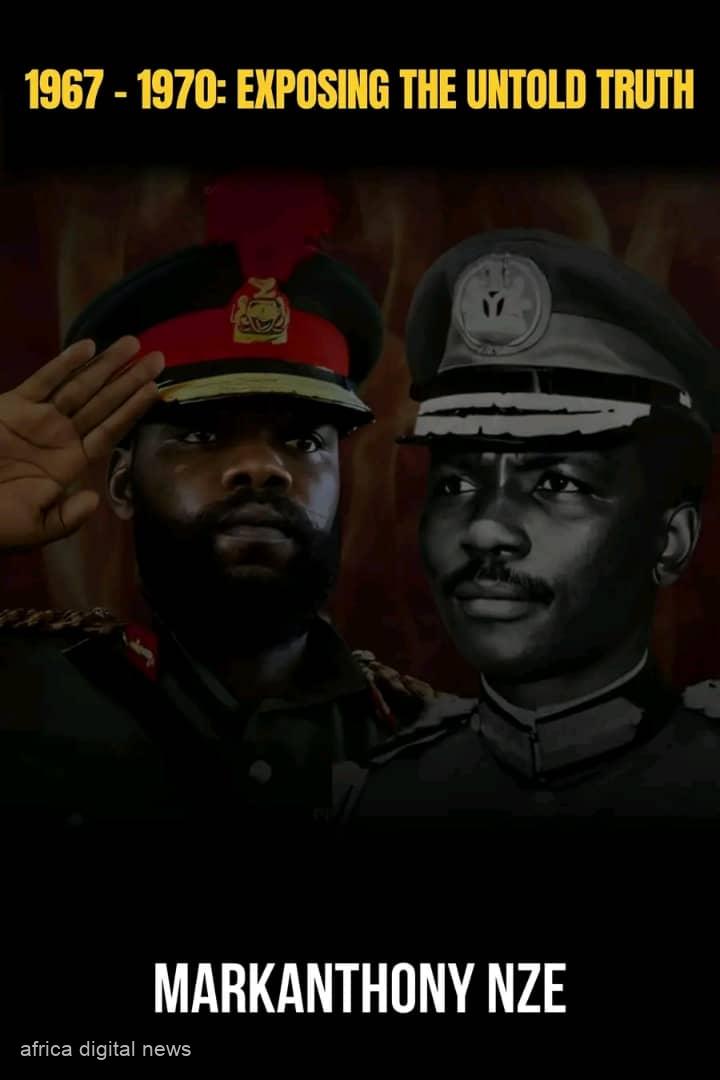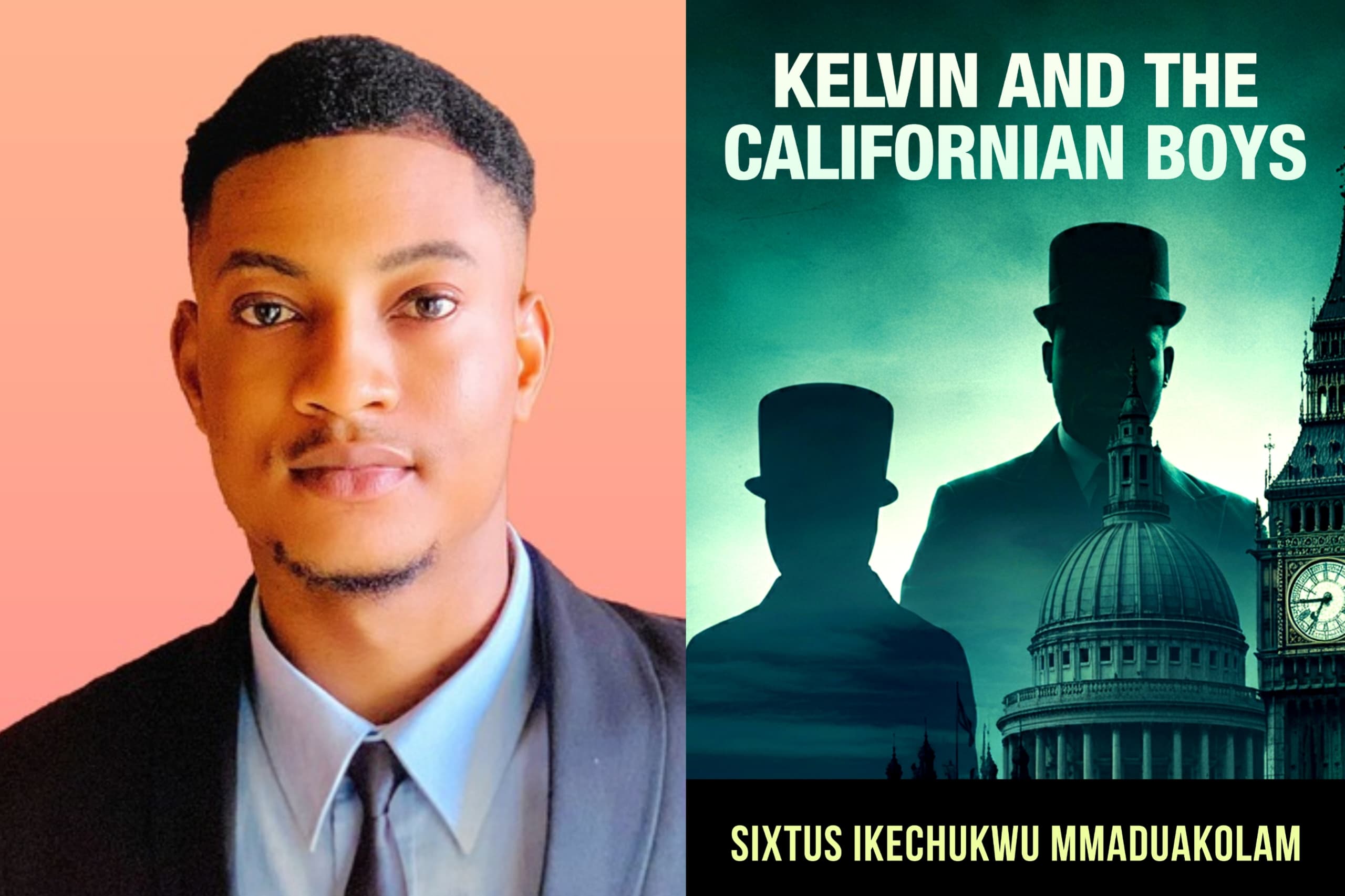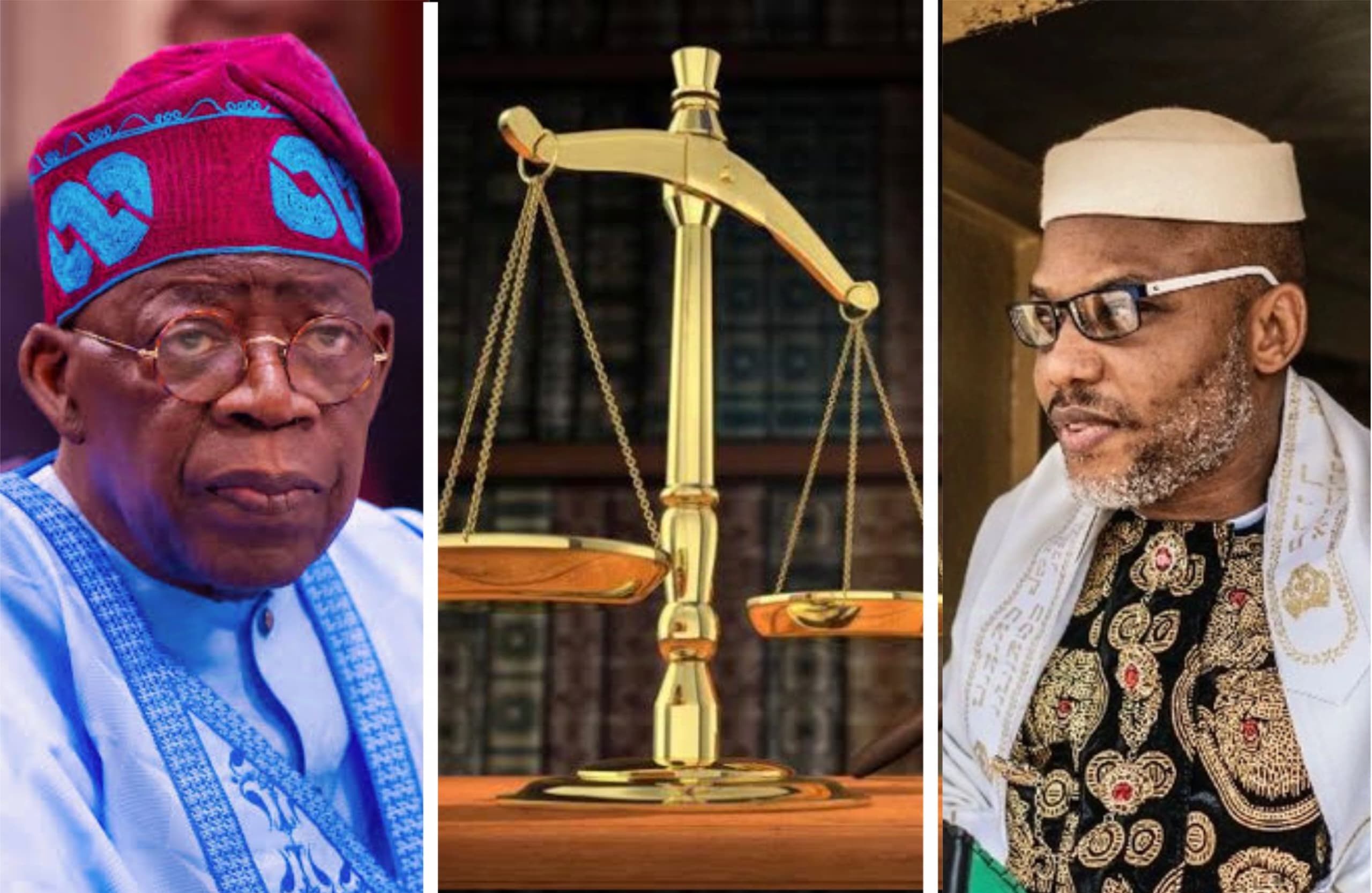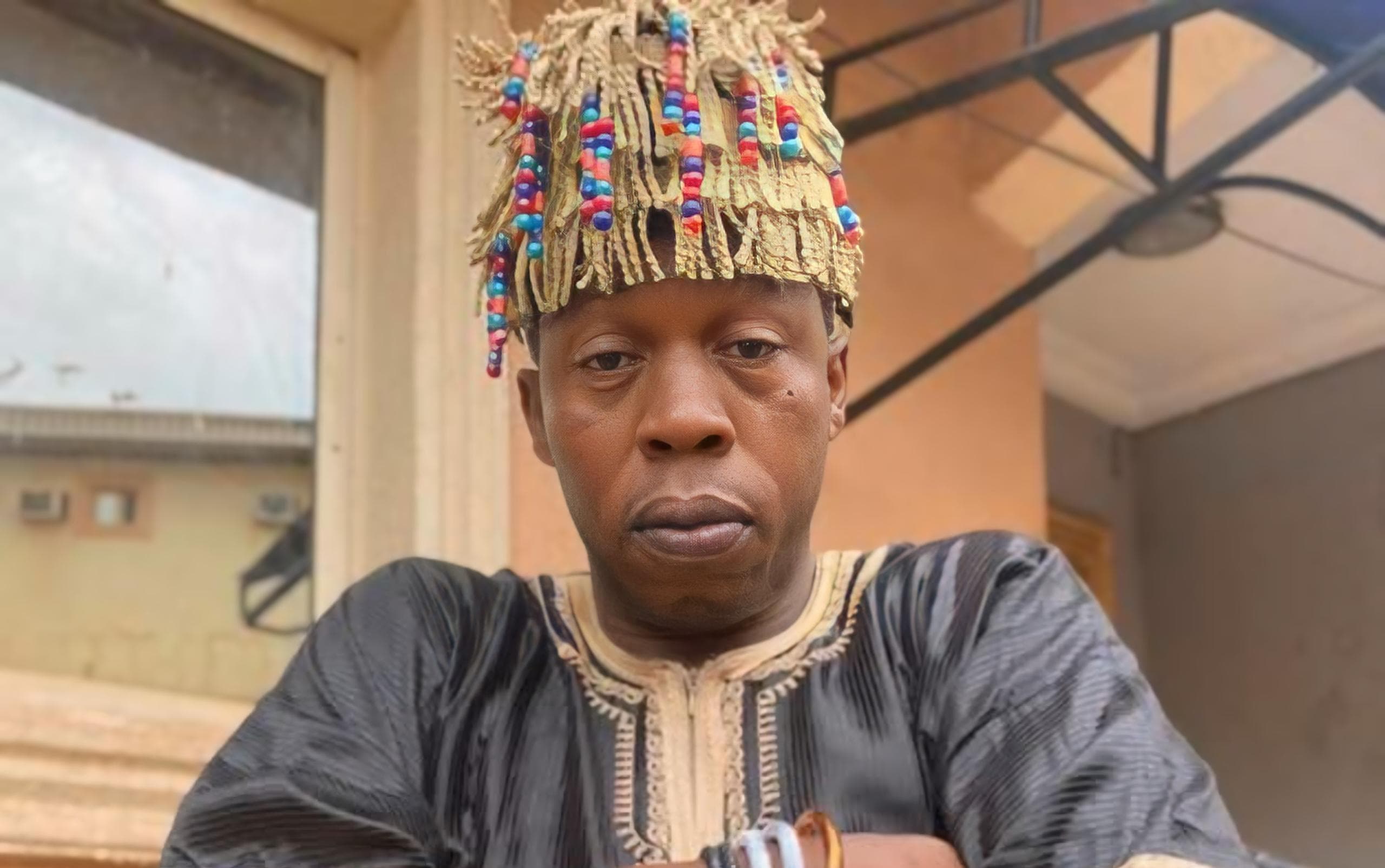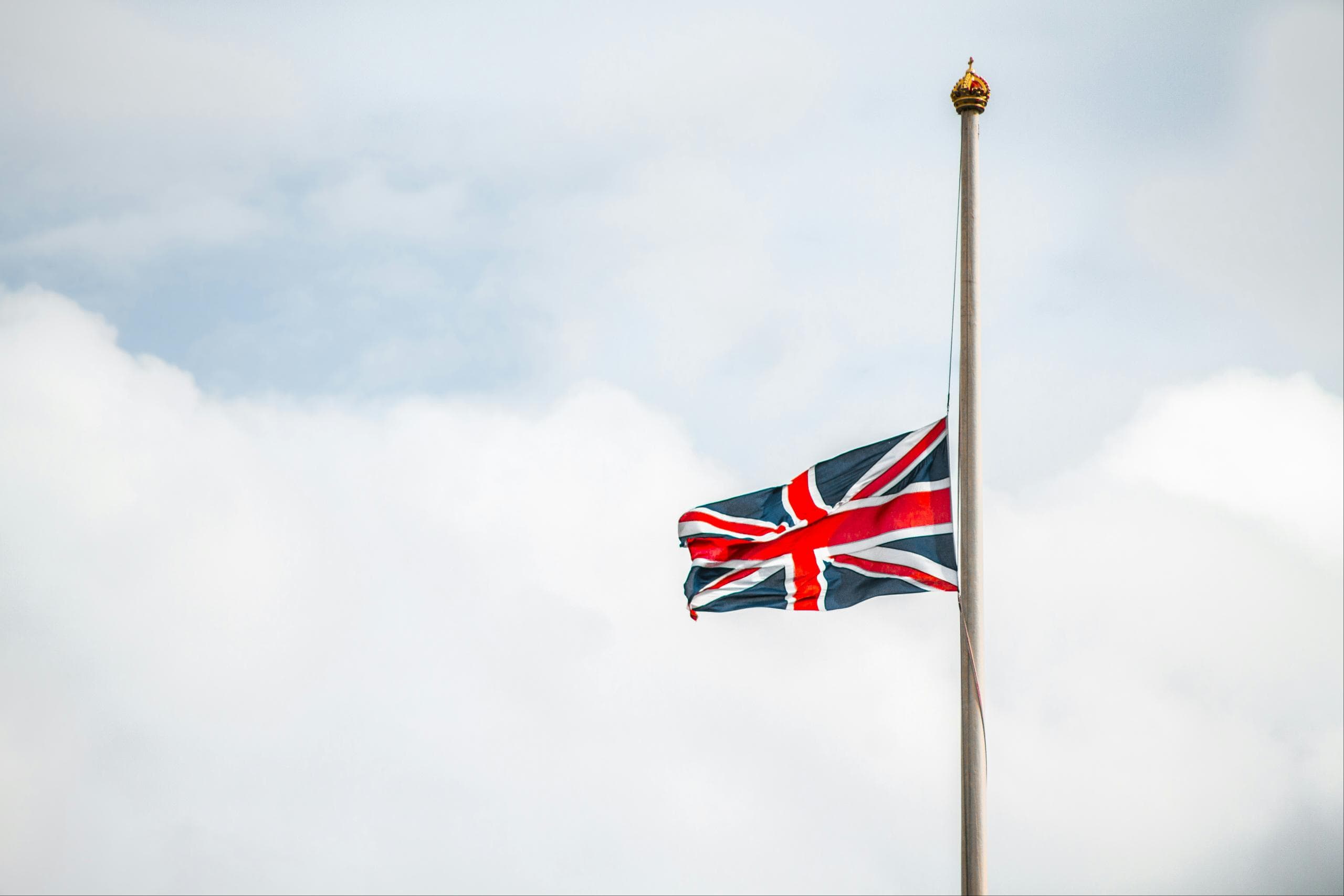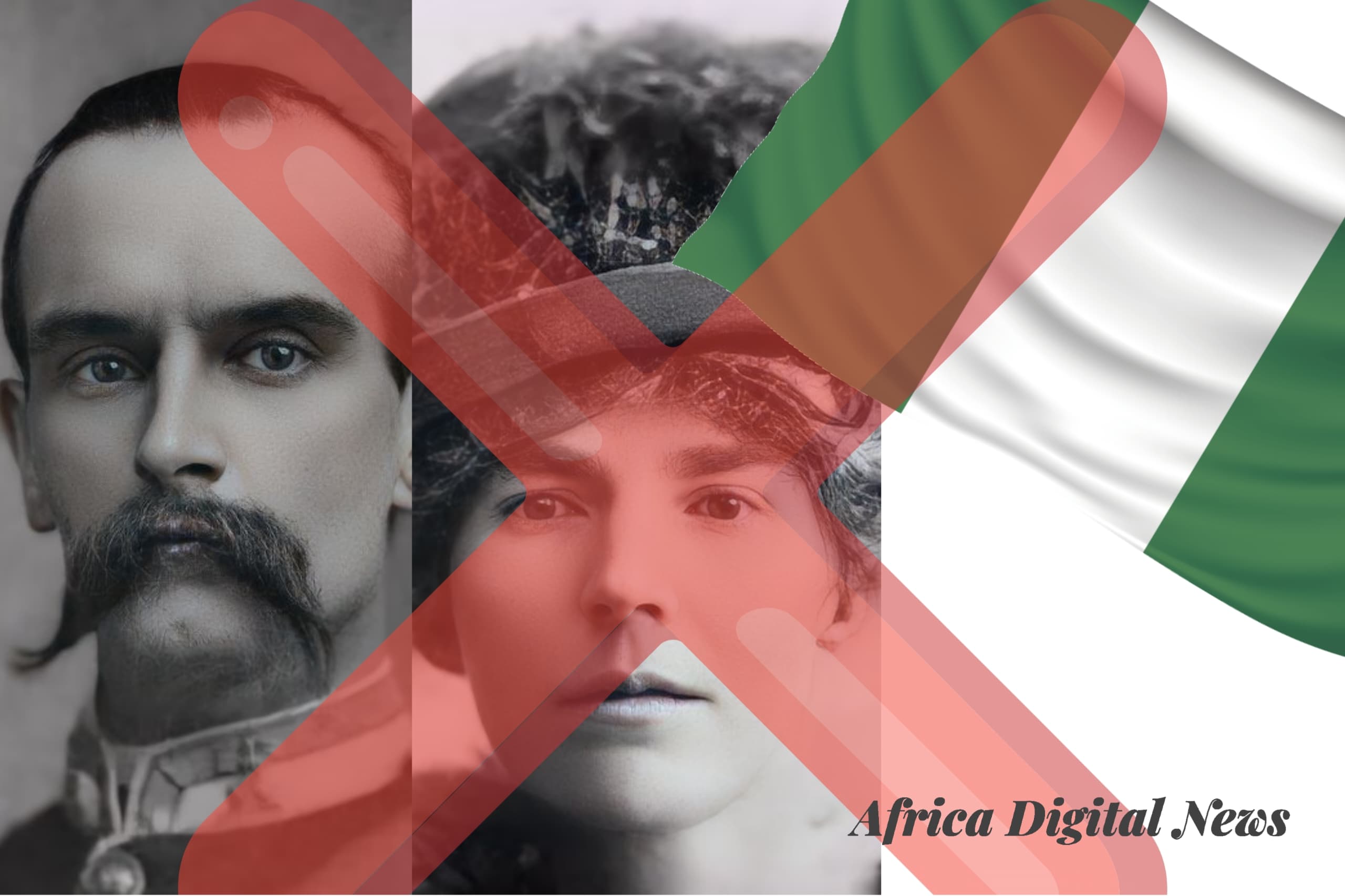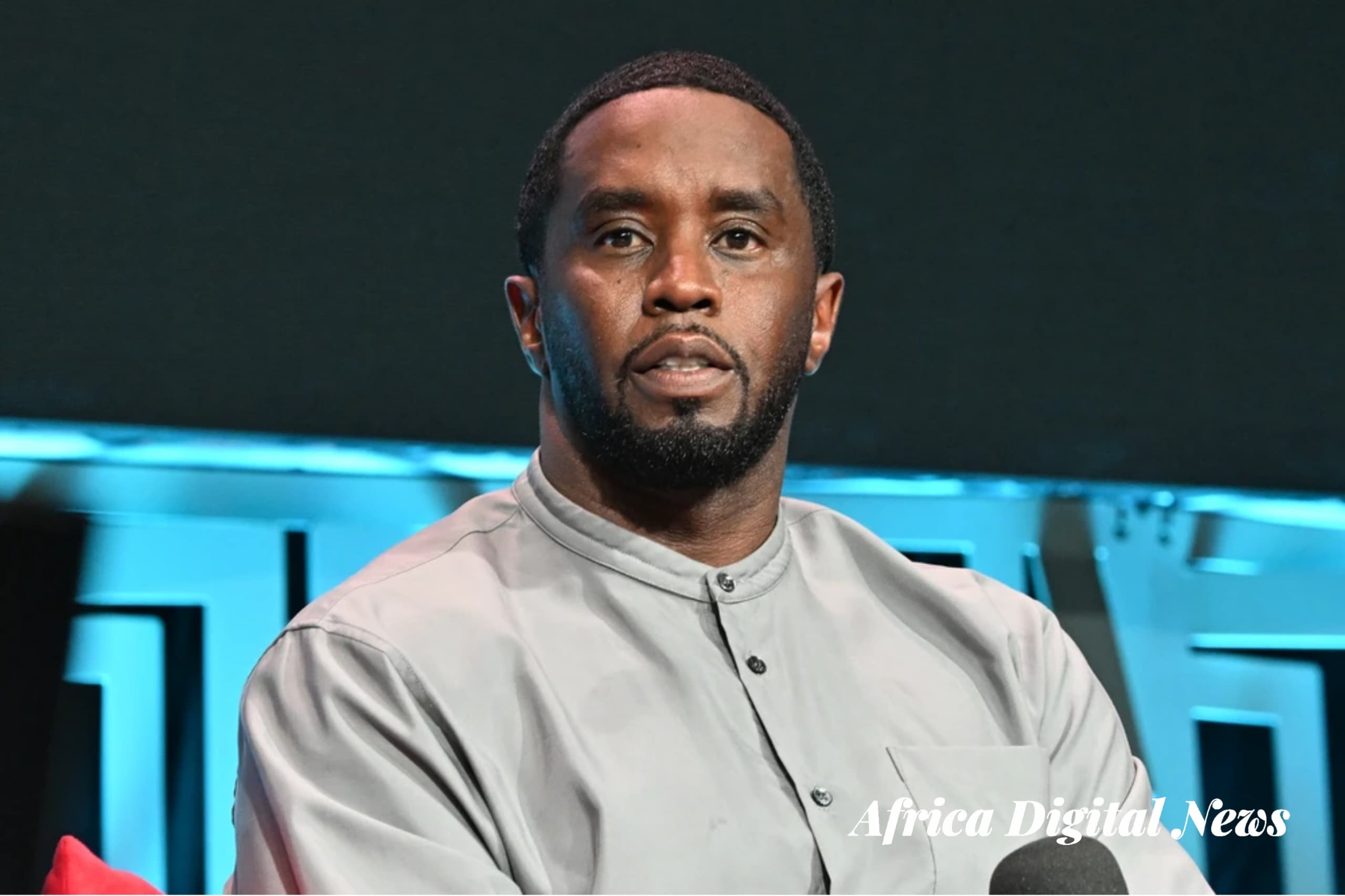For over 53 years, the Nigerian government has managed to keep the TRUTH hidden from its citizens. it has made bold attempts to conceal the fact that over three million people, including women and babies, died avoidable deaths as a result of the brutal ‘genocide’ that happened between 1967 -1970. Nigerian leaders have ignorantly ignored the fact that the event is one that can never be swept under the carpet and the ‘genocide’ which it has continued to refer to as ‘civil war’ for political reasons will not remain a secret forever!
Thankfully, the author of The Genocide, Professor MarkAnthony Nze, has taken the bull by the horn to tell these stories without any form of bias, adulteration, or dilution. For the sake of justice and posterity, he resolved to uncover the cesspit to reveal the stench in this book about the untold truth of the Biafran genocide of 1967 to 1970.
The 29-chapter book, ‘1967 – 1970: Exposing The Untold Truth’ is the second book in the trilogy, and it tells a story that is both a captivating read and an awakening to anyone who reads it. As usual, he vigorously challenges the lies while presenting bare-faced truths without contradictions.
You might wonder whether there is indeed a hidden truth behind the Civil War of 1967, but indeed, there is more than one hidden truth. What you might have known to be the truth throughout your life just might turn out to be the tales that Gowon and his supporters have told for many years, painting Biafrans as the troublemakers who tried to tear the country in two and therefore needed to be suppressed. But when you read the stories told within the chapters of this book, you enter a new world of discoveries that will lead you to ask many questions about Nigeria and the narrative it has stubbornly held onto since the end of the genocidal war.
The untold truth is important because it is only the revelation of this truth that will ensure that the millions of people who were killed mercilessly did not die in vain. The truth ensures that although they might be gone, their souls get the justice and redemption that is due to them.
Prof. Nze’s book opens up with an insight into the difference between truth and propaganda, which sets the pace for the flurry of activities and the overwhelming evidence of the truth that is to come in the following chapters.
One of the untold truths told in this book is what led to the surrender of the Biafrans and why Colonel Ojukwu exiled himself to the Ivory Coast. Not many people speak about it, but Prof. Nze takes time to tell the story that many would rather sweep under the carpet.
Read Also: Prof. Nze’s The Genocide: 1967 – 1970, And Its Sad Reality
Prof. Nze is not afraid to call out the cowardice of Ojukwu in this book, and neither is he afraid to tag Gowon as a war criminal and a mass murderer that deliberately and flagrantly violated the Geneva Conventions, but not without reason. He narrates just how Gowon had started the fires of war against already offended, marginalised, and maltreated Igbos, who had only declared an independent state because of the frustrations meted upon them by Nigeria they were a part of at the time.
The collateral damage from the war between 1967 and 1970 is gory and shocking no matter how you look at it. With 100,000 military personnel deaths, 3 million Biafrans dead from starvation, and the violation of women, it is not a pretty picture Prof. Nze paints in this book, but it is the true picture, and that is the most important thing.
The story of how federal forces invaded Asaba in October 1967, rounded up, and shot innocent people accused of being Biafran sympathizers before their loved ones, despite attempts to show allegiance to “One Nigeria” tells a tale of bloodthirstiness and hate covered in the mantra of preventing the destruction of Nigeria. The fall of Aba is another tale that must be unfolded and uncovered until the ugly truth is all that is left.
Have you ever wondered if Biafra could have survived? After all, in the words of Leon C. Megginson, ‘It is not the strongest or the most intelligent who will survive but those who can best manage change.’ If it did survive? Would it have been a peaceful survival? Or would peace have been too costly for the independent state to afford? Chapter 6 delves deep into the survival of Biafra, and, as expected, it is hard to see any situation or alternate reality where Biafra would have had a peaceful existence, even if it did survive the war.
Igbos were massively demoralised at the end of the war, and their circumstances after the war didn’t do anything to better the situation. Yes, Nigeria suffered, but Biafra had to dig itself out of a deep and dark hole, and maybe Biafra could have survived and prospered, but there are more reasons to expect that survival would have been impossible. For one, Gowon would have done even worse to frustrate a breakaway nation until the last puff of life is snuffed out of them.
Further into Prof. Nze’s book, the truth behind the Biafran movement as the voice of the voiceless is unveiled, the necessity behind the movement, and how important it would have been if Nigeria allowed the movement to exist and watch what comes out of it. The lack of international support for Biafra is another situation that frustrated the movement, and a look back in time brings a lot to light.
Could the media have done more to support Biafra’s cause? Definitely. The reason for the movement was largely hidden from the world, and you find that the mainstream media failed in its role, but rather chose to stand for the side that it considered stronger or more politically correct. This is a mistake that should be avoided in the future.
The untold truth would be incomplete without the tales of the survivors, and this book brings you the narratives from several survivors of the war, such as Eyiche Adizua and Evelyn Okororie who tell the stories that you wouldn’t find on the mainstream news.
Indeed, there is a lot to discover in the chapters of this book, including the truth about the unsung heroes, the myths and facts behind Ojukwu’s exile, and the reason the Biafran dream exists till today.
‘In the past 50 years, a united Nigeria has become more broken than before. The economic, social, and political problems have not ended and have been hampering the country’s growth for decades. It is certain that Nigeria won the war, but that did not fix the existing problems’
The book concludes on the note that any significant discrimination could result in another Civil War, which might leave the country with no surviving human being. It calls on the current government to realise the mistakes of the past and correct them, as ‘justice delayed is justice denied’, also reminding the readers that there is neither rest for the wicked nor for the weary. This is surely a tantalising read that every lover of unbiased history will find impactful.

